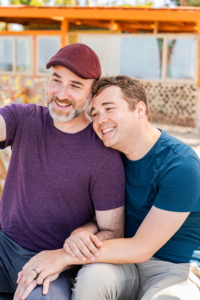January 17, 2022/Martin Luther King Jr. Day
Tu B’Shevat 5782
Dear Friends,
On the Jewish calendar, we observe not one, but four ‘new year’ dates. One of them falls today, Tu B’Shevat, the new year of the trees. This is when we plant both literal and metaphorical seeds for our future, taking action now that will produce results only in the longer term.
We’re approaching Tu B’Shevat about a quarter of the way through the shmita (sabbatical) year which concludes a seven-year cycle, when land is to lie fallow and we seek ways to rest and renew.
This year, Tu B’Shevat falls on another very important day, Martin Luther King Jr. Day, and so as we look back, we also confront what Dr. King called the “urgency of now.”
While we fully use this period to reset and care for what we have grown, we present to you these seven milestones and lessons from the last shmita cycle as we also look forward to the next.
Discover and read our shmita pieces:
1. And when you come into the land, you shall plant…
We seeded new ventures and partnerships that have developed into vibrant programs and initiatives. Coastal Roots Farm; The Hive; the Jerusalem Model; Murray Galinson San Diego-Israel Initiative; the Jews of Color Initiative; E3: Encinitas Environmental Educational Collaborative; and others. Each of these matured, some of this growth accelerating during the pandemic as we had to pivot quickly. Each will begin a new shmita cycle with a more robust and solid infrastructure, far more partners, and greater purpose.
2. If I am not for myself, who will be for me?
Building on robust grants relationships, we implemented responsive people-oriented programs to complement our direct funding. Not only did we invest dollars, we invested time and effort to build the talent, expertise and skills of those touched by those dollars. We’re a locally oriented foundation with two localities, so we did this in both Jerusalem and North County San Diego. Creating the Jerusalem Model and programmatic series at The Hive relied on deep understanding of partners’, participants’, and community’s needs in order to achieve our strategic goals. In turn, participants informed, influenced, and led more and more of our granting decisions, especially in Jerusalem.
3. If I am only for myself, what am I?
As a national reckoning with racism came to a head, we had already started important conversations and supported new initiatives that amplify and uplift the important voices of Jews of Color in Jewish spaces and address systemic racism and inequity. We looked carefully at our own biases and organizational blind spots through our internal Anti-Racism Task Force and continue to work hard internally to build an anti-racist organization and community. We also invested in local and national partners led by and serving people of color through grantmaking to increase equity in our communities.
4. If not now, when?
An uptick in natural disasters – hurricanes, earthquakes, wildfires, a volcano eruption, tornadoes and winter storms – wreaked havoc on communities and signaled the dangerous effects of climate change. We responded to these tragedies with emergency grants and broadened our reach with educational pieces to encourage community members to support these vetted, trusted partners on the ground. We have learned a lot about disaster response and how we see our role in confronting the climate crisis.
5. Welcome the stranger
During this period, we witnessed too many devastating refugee crises. In 2016, we launched the Syrian Refugee Initiative and formed incredible relationships with Syrian friends, some of whom had been in San Diego for many years and some who were brand new to this country. Time and again, we are implored in our foundational Jewish texts to welcome the stranger because we too once were strangers. Welcoming refugees will not only improve their lives but will enrich our community and our country. We are so grateful for these long-lasting relationships. Many of our Syrian friends were the first to reach out after the horrifying Charlottesville march and instances of antisemitism.
6. A community is too heavy to carry alone
In order to increase our impact, we work with other funders to direct more support toward critical challenges. We have launched programs; secured and stewarded funder consortiums; developed and overseen field-building efforts; and incubated new initiatives and organizations. As soon as COVID-19 hit the United States, Leichtag Foundation helped launch two collaborative COVID-19 emergency response funds in partnership with local community organizations and hundreds of generous donors. We also provided immediate bridge loans and emergency resources to Jerusalem partners and residents. We see such valuable ripple effects from these funder consortiums and seek more opportunities to bring interested partners on board.
7. Keter shem tov, the crown of a good name
We have no more precious asset than the people on our team, those who work to honor the Leichtag legacy daily. As the seasons have passed, we have marked important life cycle events together. Most of the time, we celebrated together: birthdays, anniversaries, weddings, accomplishments. Sometimes we grieved together. When our dear colleague and friend Leichtag’s Director of Programs Naomi Rabkin z”l died we held her family, community, and each other close in the face of unspeakable pain. Together, we marked shiva at Leichtag Commons and vowed to carry on Naomi’s memory and impact at this place she helped shape. We thanked beloved team members who moved on, proud that our “alumni” hold important leadership and service positions all over the world. Just a few months ago, we created the new position of Chief Talent Officer with the intent of investing even more in people.
In the last seven years, we’ve awarded almost 2,000 grants to 506 different organizations, totaling almost $40 million. We also measure our ability to influence partners and know that we’ve leveraged at least $40 million more from other partners and funders. We’ve struggled to find ways to put numbers to how many people have been impacted by the Leichtag legacy directly or indirectly. We know it’s significant and we know that there’s still a lot of work to do.
In the coming weeks and months as we anticipate the Spring renewal festival of Passover, we will involve some of our colleagues to share deeper reflections about each of these milestones in regular communications and posts on our blog.
Even as we catch our breath, we must address the intense persisting challenges around us. Tu B’Shevat coincides with Martin Luther King Jr. Day this year. As Dr. King said, “We are now faced with the fact that tomorrow is today. We are confronted with the fierce urgency of now…This is a time for vigorous and positive action.”
With much gratitude,
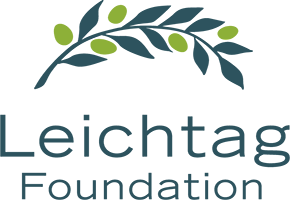
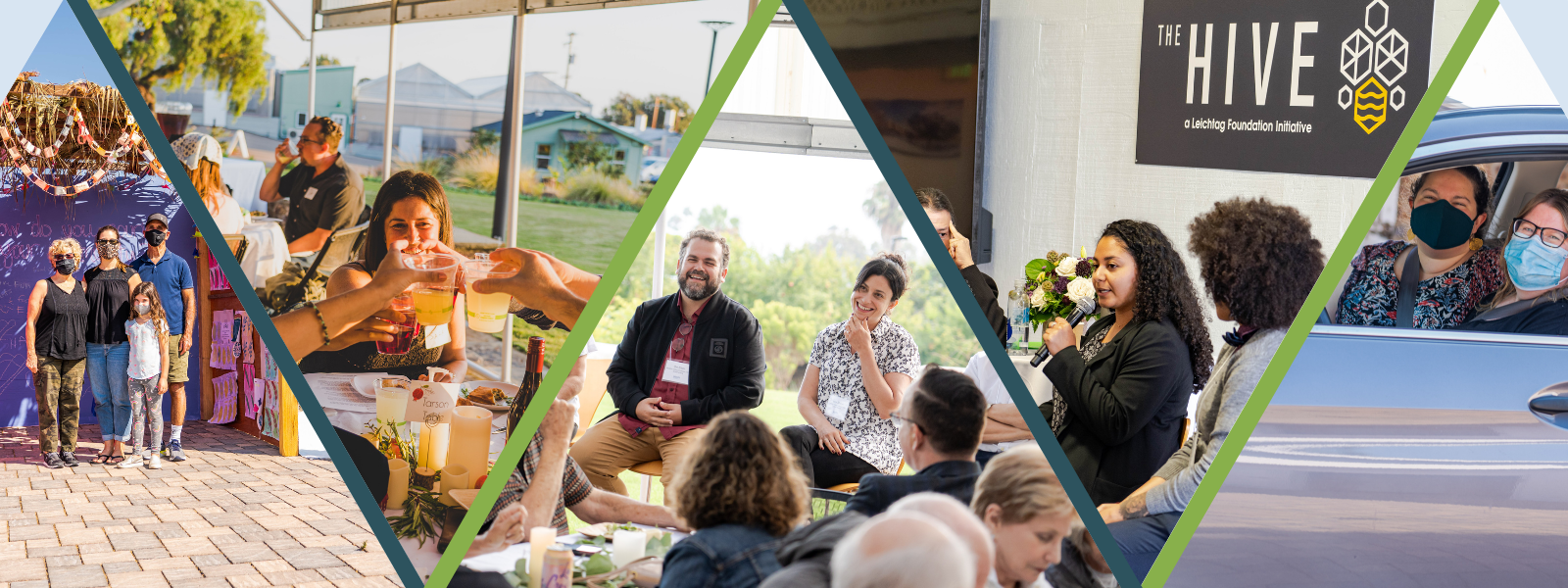
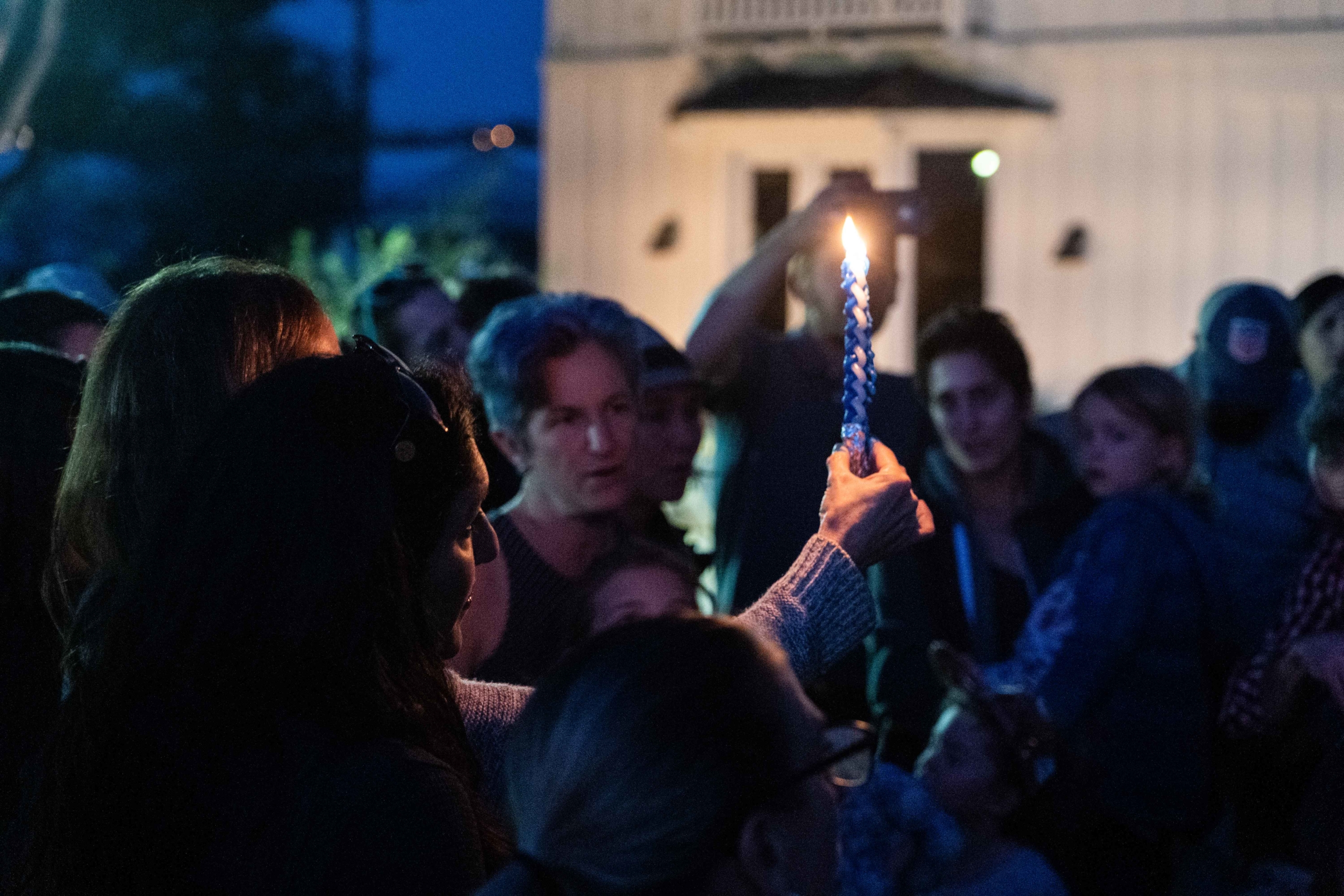

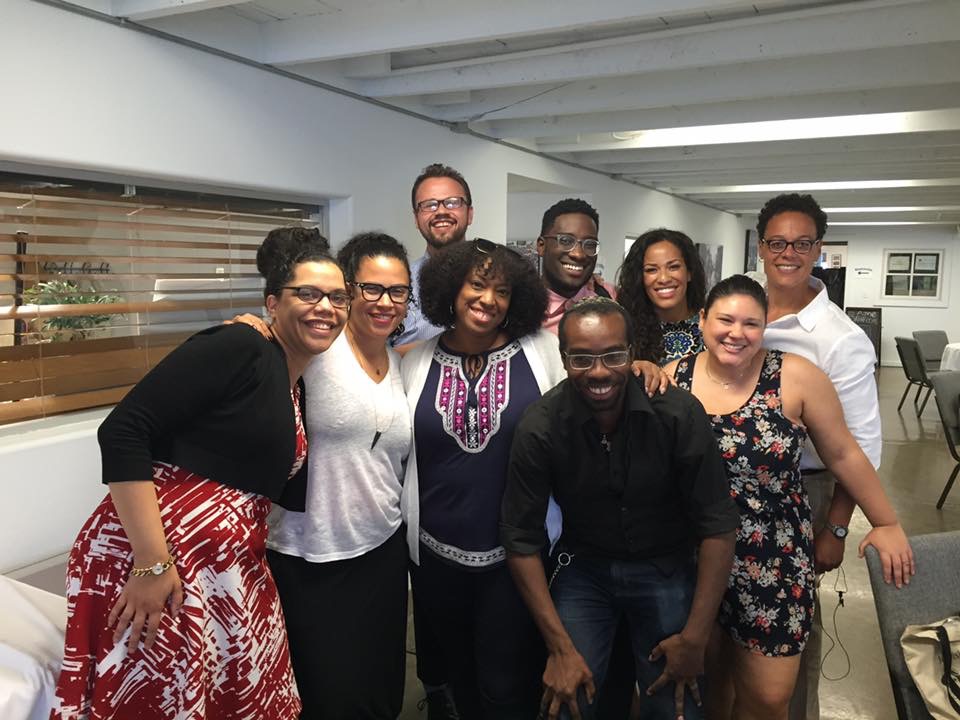

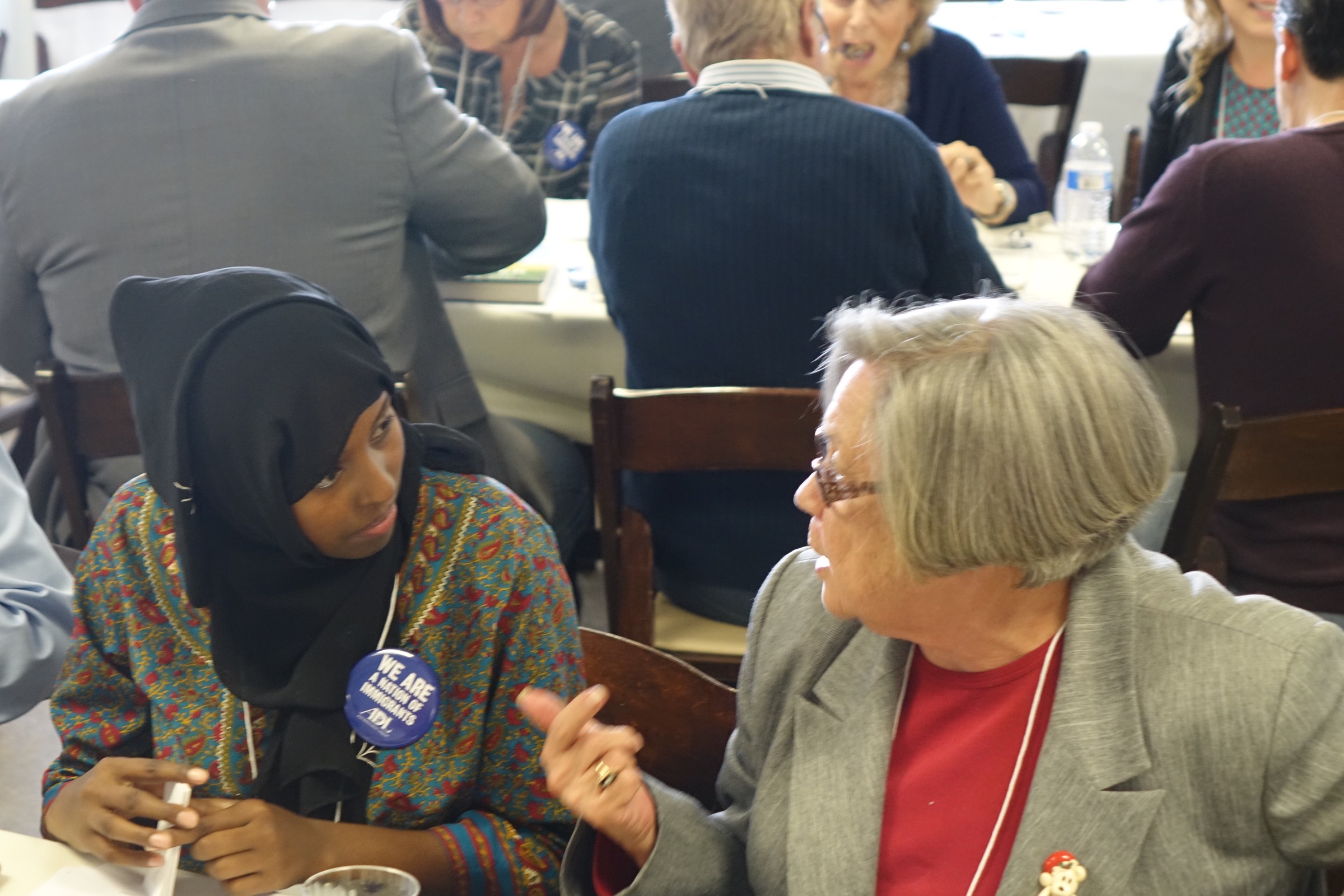
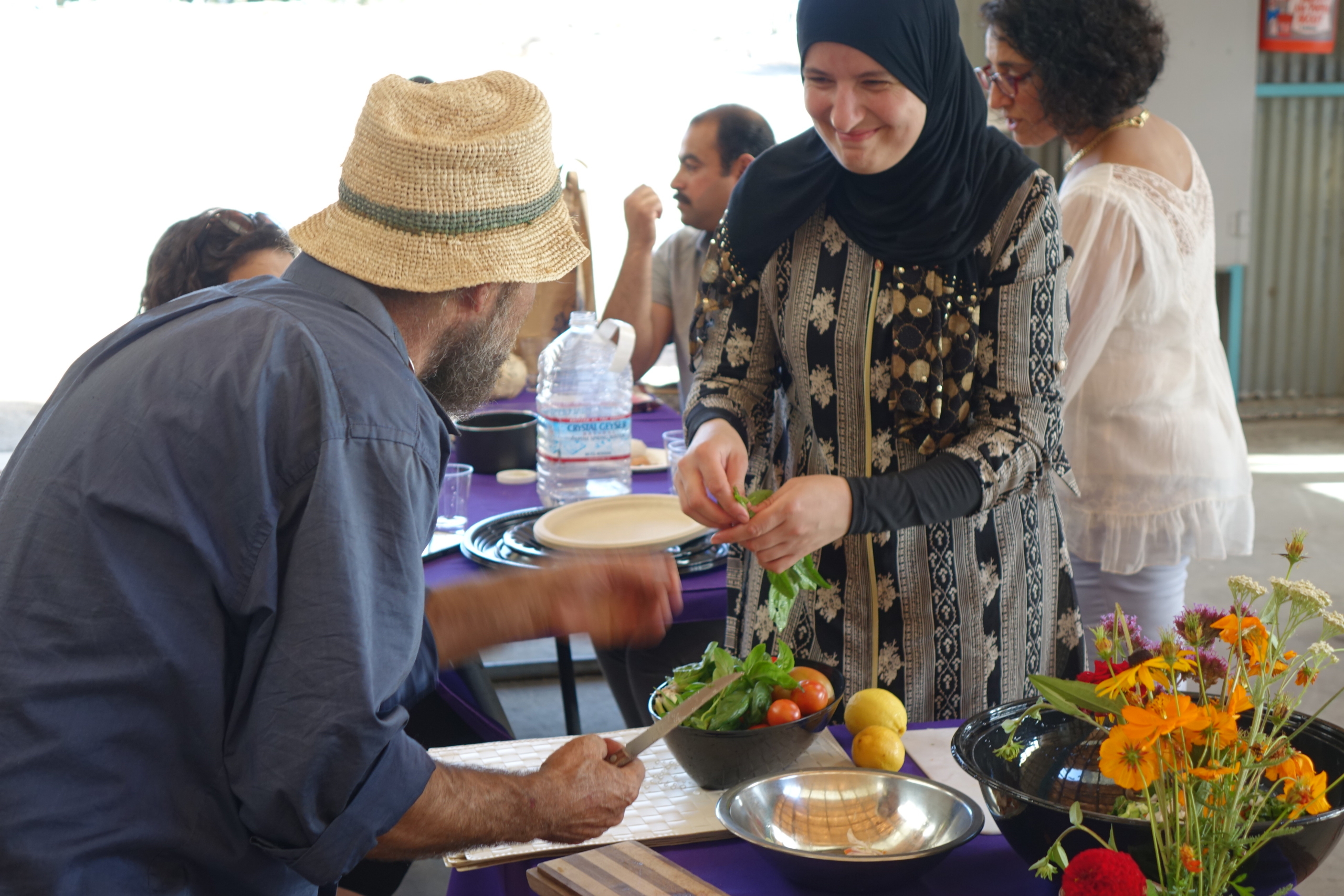
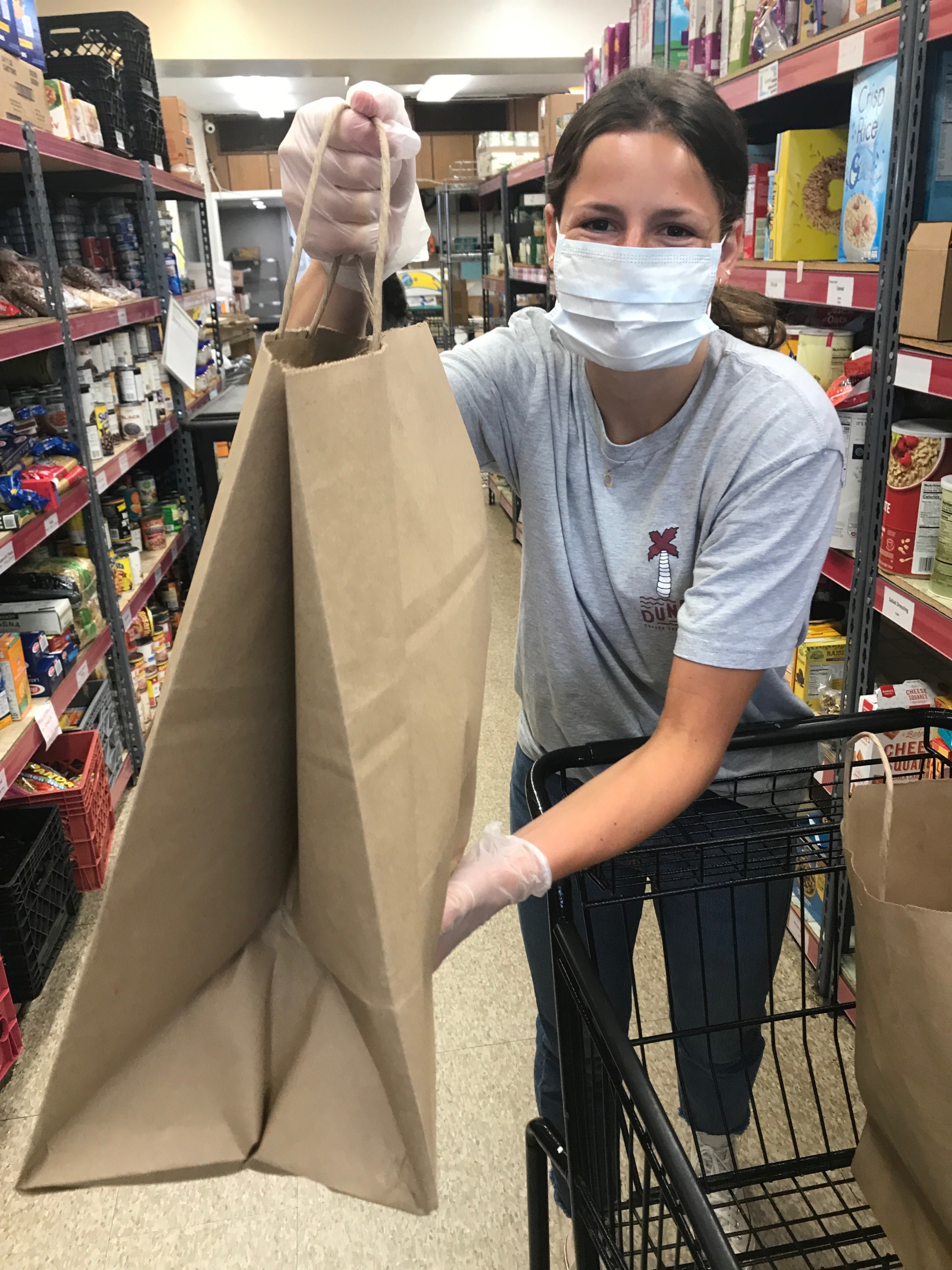
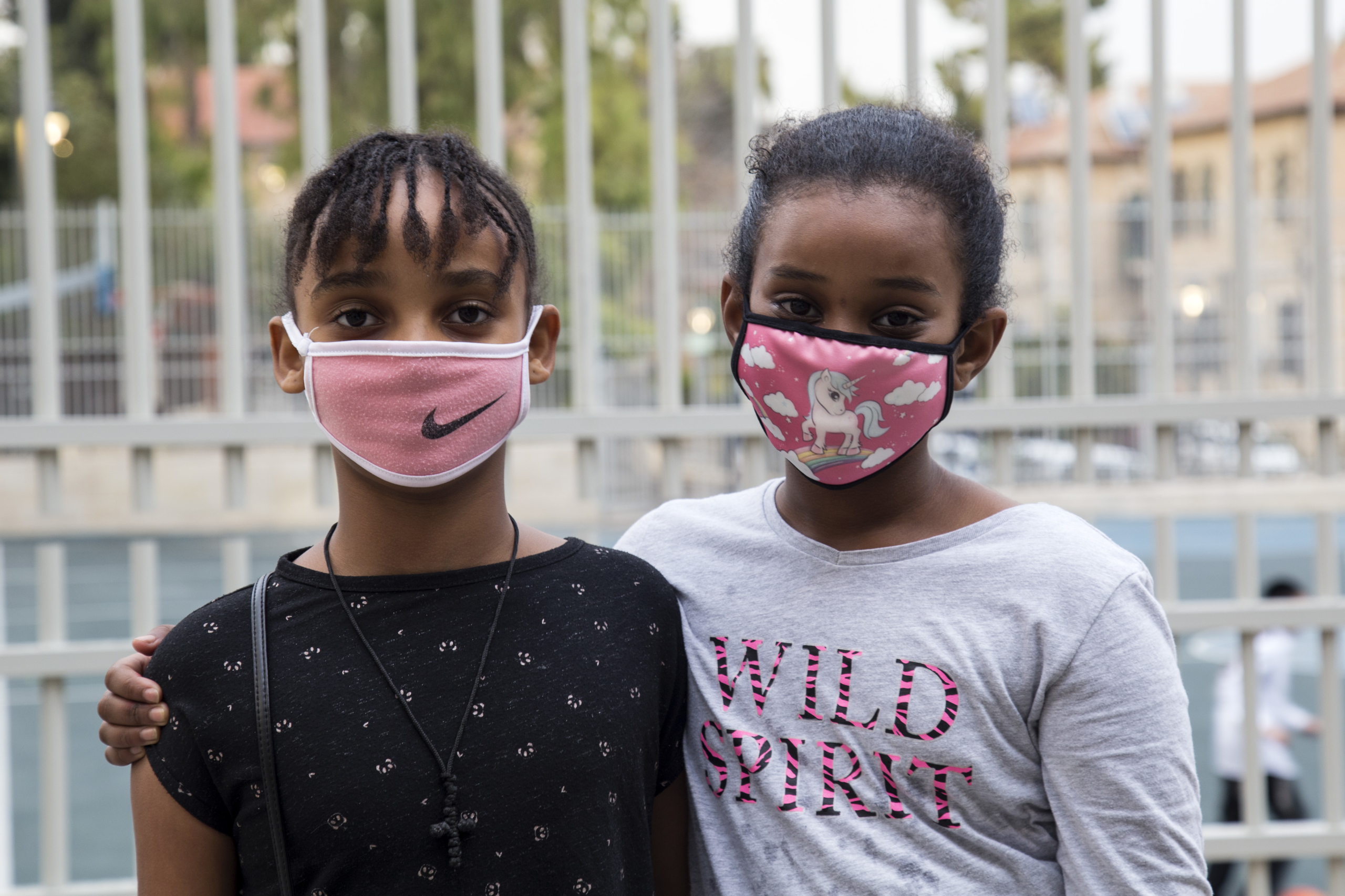




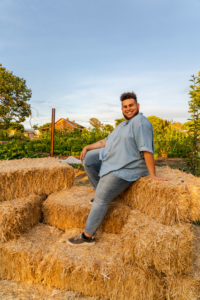 Black, Jewish and Queer. These three identities weave the fabric of who I am, but it took a long time to believe that they could exist together.
Black, Jewish and Queer. These three identities weave the fabric of who I am, but it took a long time to believe that they could exist together.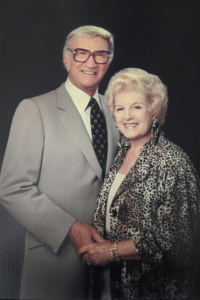 Lee and Toni Leichtag established the Leichtag Foundation in 1991 following the sale of their business. Lee and Toni were lifelong entrepreneurs with a passion for innovation and for supporting talent. They believed that only with big risk comes big reward. Both born to families in poverty, Toni to a single mother, they strongly believed in helping those most in need and most vulnerable in our community. While they supported many causes, their strongest support was for young children and the elderly, two demographics who particularly lack voice in our society.
Lee and Toni Leichtag established the Leichtag Foundation in 1991 following the sale of their business. Lee and Toni were lifelong entrepreneurs with a passion for innovation and for supporting talent. They believed that only with big risk comes big reward. Both born to families in poverty, Toni to a single mother, they strongly believed in helping those most in need and most vulnerable in our community. While they supported many causes, their strongest support was for young children and the elderly, two demographics who particularly lack voice in our society.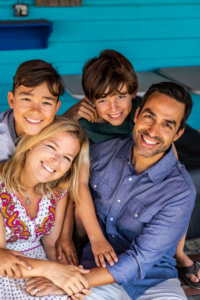 Lifelong Baltimoreans, Rabbi George and Alison Wielechowski and their sons, 11-year-old Lennon and 9-year-old Gideon, are more than pursuing the good life in Southern California. Having moved to San Diego more than three years ago, they are fulfilling a lifelong dream.
Lifelong Baltimoreans, Rabbi George and Alison Wielechowski and their sons, 11-year-old Lennon and 9-year-old Gideon, are more than pursuing the good life in Southern California. Having moved to San Diego more than three years ago, they are fulfilling a lifelong dream.
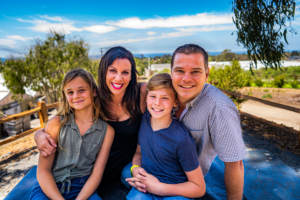
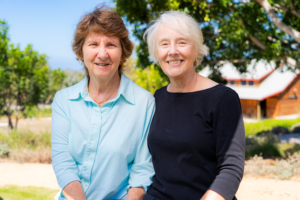

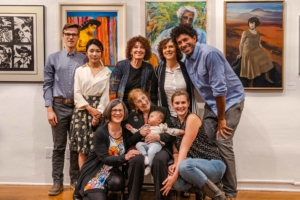
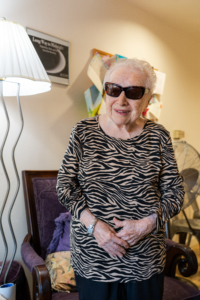
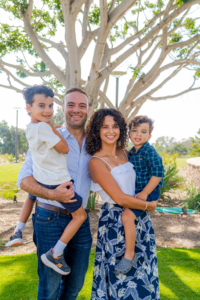
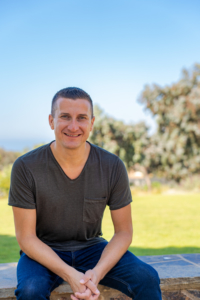 You would think that as the executive director of San Diego LGBT Pride, Fernando Zweifach López Jr., who uses the pronoun they, has done all the coming out they possibly can. A queer, non-binary individual who has worked for many years on civil rights issues, López also speaks openly and often about their father’s family, Mexican-American migrant workers who tilled the fields of rural California.
You would think that as the executive director of San Diego LGBT Pride, Fernando Zweifach López Jr., who uses the pronoun they, has done all the coming out they possibly can. A queer, non-binary individual who has worked for many years on civil rights issues, López also speaks openly and often about their father’s family, Mexican-American migrant workers who tilled the fields of rural California.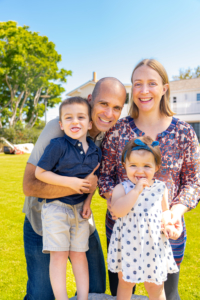 Stacie and Jeff Cook understand commitment. They live it.
Stacie and Jeff Cook understand commitment. They live it.